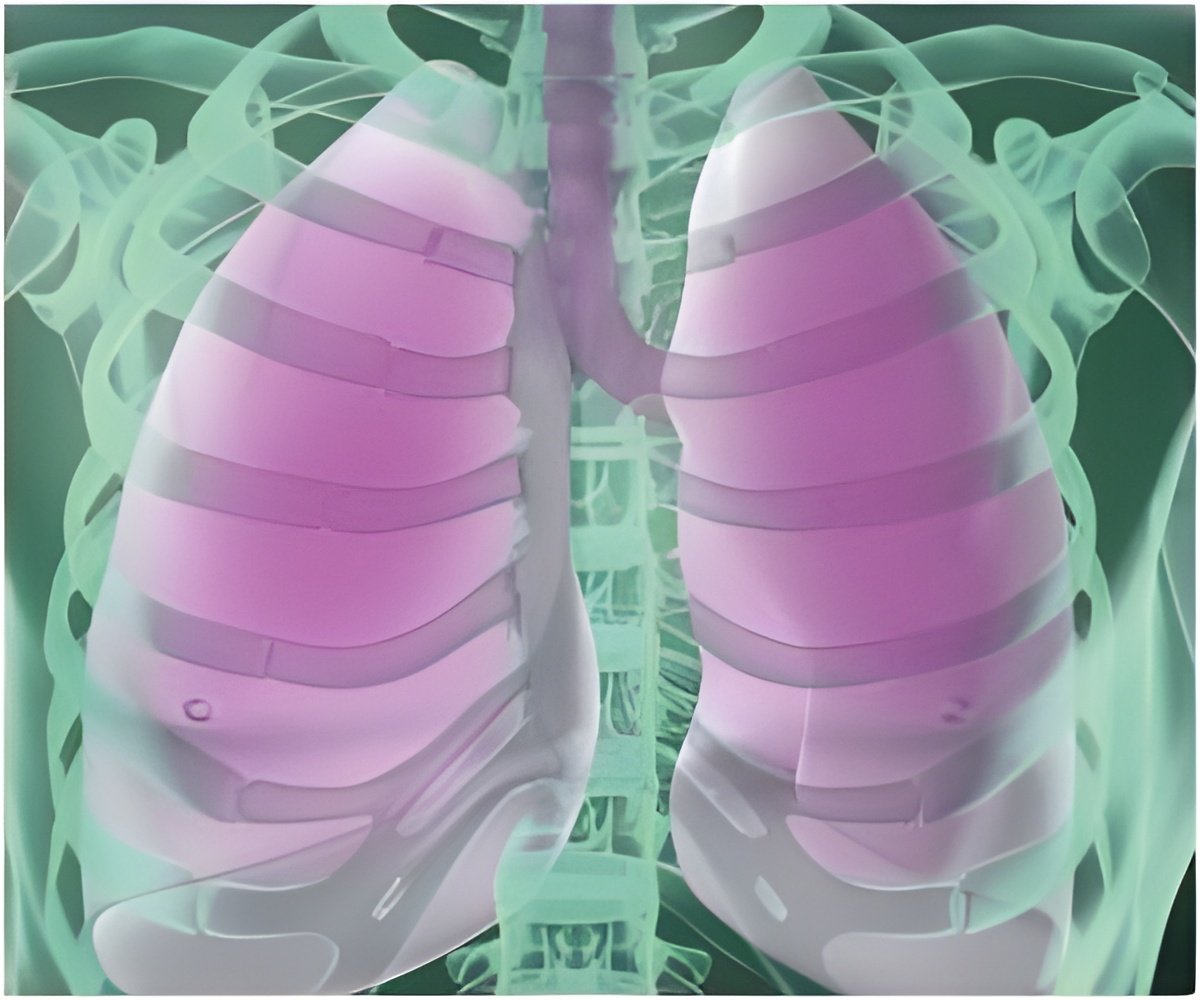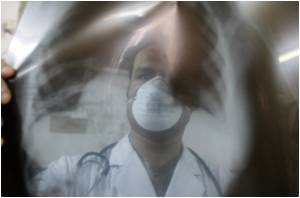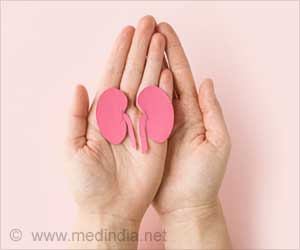Surgeons have transplanted the first lungs treated with an experimental repair process before transplantation.

Currently, only 15-20 percent of donor lungs are transplantable; most do not meet transplant criteria. The research focuses on an external perfusion technique using a fluid called STEEN SolutionTM .
More than 1,700 people are on the lung transplant waiting list in the U.S., including nearly 30 in Maryland, according to the United Network for Organ Sharing.
We are excited about the prospect of what this ex vivo, out-of-the-body perfusion technique could mean for our many transplant candidates who often spend years waiting for lungs to become available, says the principal investigator, Bartley P. Griffith, M.D., professor of surgery at the University of Maryland School of Medicine and chief of cardiothoracic surgery at the University of Maryland Medical Center. This research is part of our ongoing goal to develop innovative procedures and rapidly improve our patients’ quality of life.
Lungs in this clinical trial are recovered using current donor lung retrieval techniques. Once brought to the study transplant center, the lungs are re-assessed by the transplant team. The lungs are then physiologically assessed during ex vivo perfusion with STEEN SolutionTM over a period of three to four hours. During this time, the transplant team evaluates abnormalities inside the lungs, oxygenation levels and overall health of the lungs. At the end of the process, the transplant team determines if the lungs meet the high standards necessary for transplantation.
Our goal is to constantly advance science and medicine in order to better serve our patients, says E. Albert Reece, M.D., Ph.D., M.B.A., vice president of medical affairs at the University of Maryland and dean of the University of Maryland School of Medicine. Clinical trials, such as this ex vivo lung perfusion, are an important tool to help us apply discovery from the laboratory to patient care at the bedside.
Advertisements
STEEN SolutionTM is a product of Xvivo Perfusion, part of the Vitrolife Group, Goteborg, Sweden.
Advertisements









